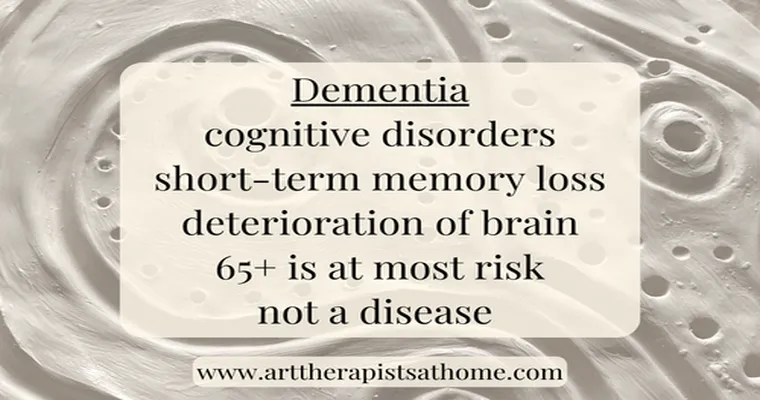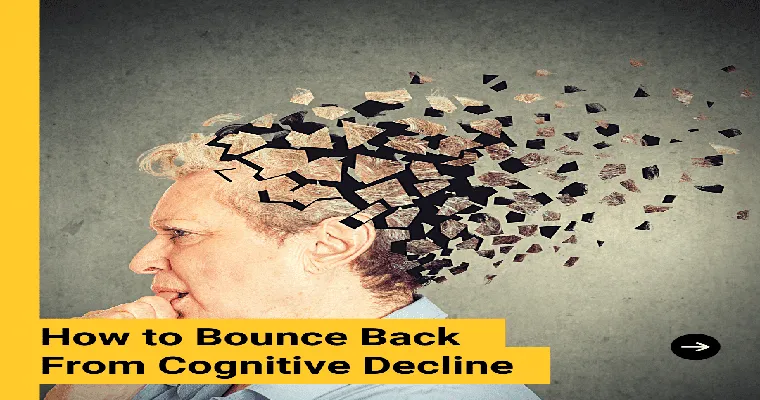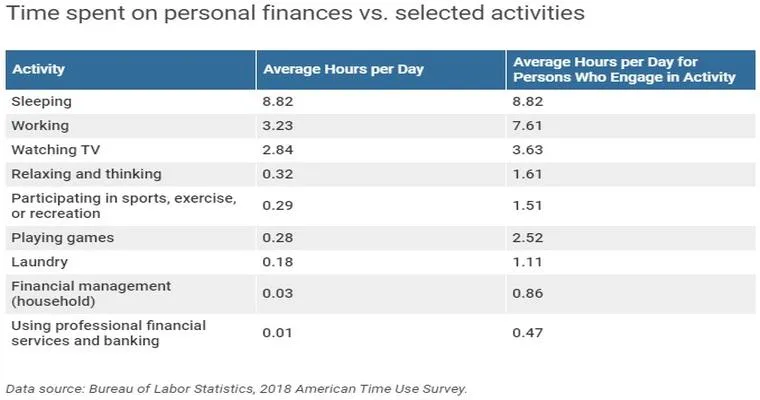Dementia is a complex condition that affects millions of people worldwide, leading to a progressive decline in cognitive function and memory. One of the most puzzling phenomena observed in individuals with "dementia" is the ability to transition from a state of being virtually "catatonic" to exhibiting a more "reasonable state of cognition". Understanding the underlying mechanisms and factors that contribute to this shift can provide valuable insights for caregivers and medical professionals alike.
There are several potential explanations for this remarkable change in behavior. One significant factor is the "environmental stimuli" surrounding the individual. People with dementia often respond positively to familiar sounds, smells, and visuals. For instance, listening to music they once enjoyed or being in a place that holds emotional significance can evoke memories and feelings that stimulate cognitive function. Such "cognitive engagement" can temporarily enhance their ability to communicate and interact.
Another crucial aspect is the "emotional state" of the person with dementia. Emotional well-being plays a vital role in cognition. If a person feels safe, loved, and understood, they may be more likely to engage and express themselves. Conversely, stress or discomfort can exacerbate symptoms of dementia, resulting in catatonia. Therefore, creating a supportive and calming environment can significantly impact cognitive responsiveness.
"Medical interventions" also play a role in these cognitive fluctuations. Adjustments in medication or the introduction of therapies designed to enhance brain function can lead to improved cognitive states. For example, medications that target specific aspects of dementia may alleviate symptoms, allowing the person to regain some cognitive abilities temporarily. Additionally, therapies such as occupational therapy or cognitive-behavioral therapy can help stimulate cognitive function and improve overall quality of life.
Furthermore, it is essential to consider the "individual differences" in dementia progression. Not all individuals experience dementia in the same way. Some may exhibit periods of lucidity, where they can recall memories and engage in conversation, while others may remain in a more impaired state. These variations can be influenced by the type of dementia, overall health, and personal history. Understanding these nuances can help caregivers develop tailored approaches to enhance cognitive function.
In conclusion, the transition from a catatonic state to a reasonable level of cognition in individuals with dementia can be attributed to a combination of "environmental stimuli", "emotional well-being", "medical interventions", and individual differences. By recognizing these factors, caregivers can foster environments that promote cognitive engagement and emotional support, ultimately improving the quality of life for those affected by dementia. This understanding not only sheds light on the complexities of dementia but also emphasizes the importance of nurturing connections and creating supportive spaces for individuals struggling with this condition.





